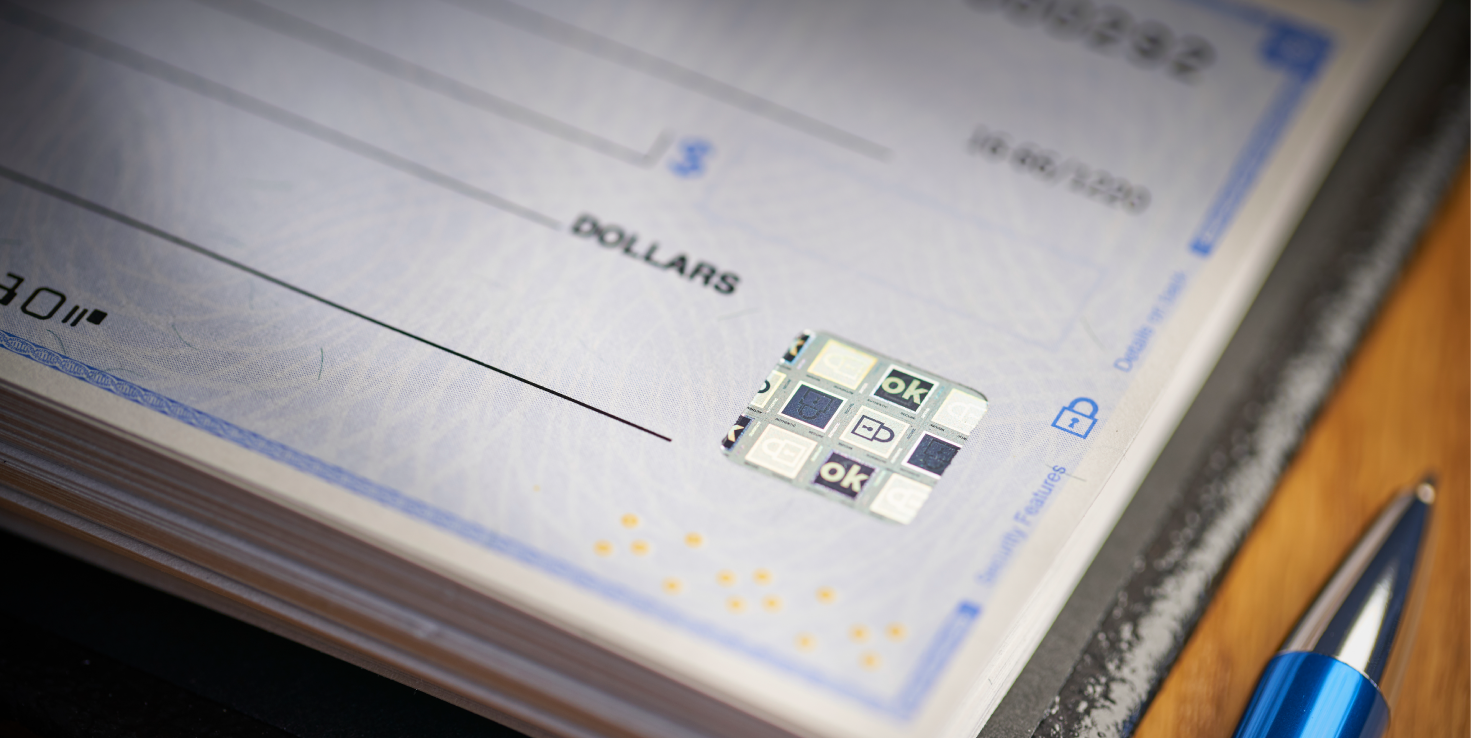Don't be fooled by fraud attempts targeting you or a loved one. Visit our Fraud Prevention Center for tips to help keep your identity secure.
Check Fraud: Two Scams You Need To Know

Millions of consumers use checks as a form of payment. Whether you are giving or receiving a physical or electronic check, scammers are creating new ways to get their hands on your hard-earned money.
Here are two scams to watch for and tips to avoid becoming a victim of check fraud.
Check Washing
Check washing involves stolen physical checks, typically from mailboxes, that are washed in chemicals to remove the ink displaying the payee’s name and dollar amount. Once it dries, scammers will write a different name and amount before attempting to cash it in at a local bank.
Whether you are paying bills or sending a payment to another individual, consider transferring the money through an online payment method. Doing so could significantly diminish the chances of your check being compromised.
Additional Tips to Avoid Check Washing:
- Send outgoing mail directly from your local post office.
- If you’re away from your home for an extended period, ask a trusted friend or neighbor to collect your mail each day or place a 'hold' order with your local post office.
- Use a pen with non-erasable ink. It may be more difficult to remove than standard pen ink.
Fake Checks
Scammers target two separate transactions related to fake checks to steal your money. They send cashier’s checks to you or request money via gift cards, money orders or cryptocurrency. The key takeaway is your money is NOT protected in transactions like these, which makes it nearly impossible to get back.
One way to validate whether a check is real or not is to thoroughly review the check itself. Several red flags such as a wrong address, unfamiliar signature or numbers or letters that have been scratched out could be a key sign of fraud.
Additional Tips to Avoid Fake Checks:
- If a check amount is incorrect, void it and request a second one with the correct amount.
- Cashier’s checks are not cash. It could take weeks for your bank to validate its legitimacy and by then a scammer will be long gone.
- You should never have to pay to receive a “free” prize. Only scammers will ask you to pay in order to receive one.
If you discover a fake check or believe you are a victim of a check washing scam, contact your financial institution and report to the Federal Trade Commission immediately.
